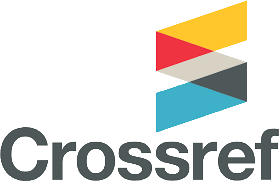Medical Clinical Competency
Abstract
In nursing, emergency departments (EDs) refer to casualty sections constituting medical treatment facilities whose specialization caters for the needs of patients requiring acute care. This group of patients presents without prior appointment and may be through the use of ambulance or by their own means. Therefore, problem-based learning (PBL) has been proposed as an ideal approach that could foster learning in the ED sections. As affirmed by the results, the PBL approach uses patient scenarios or situations to stimulate learners to acquire and apply the information gained to solve problems. Therefore, PBL operates in cases where problems are presented first before allowing the learners to understand clinical concepts. One of the factors that have necessitated the choice of this strategy is that it links theoretical content with practical situations. In so doing, PBL allows the learners to gain a critical insight into ED operations in a real-world and clinical settings. Also, PBL implies that the educators present allow the learners to search for holistic answers, ask them some questions, and present realistic patient scenarios. Therefore, PBL encourages active learning by fostering self-directed practices through which learners develop clinical problem-solving skills, embrace self-appraisal, and support teamwork. Similarly, PBL has been documented to require the learners to integrate information while demonstrating discipline. It is further notable that PBL improves clinical reasoning skills while enhancing self-directed studies and increasing the students’ ability to retain the learned material.



